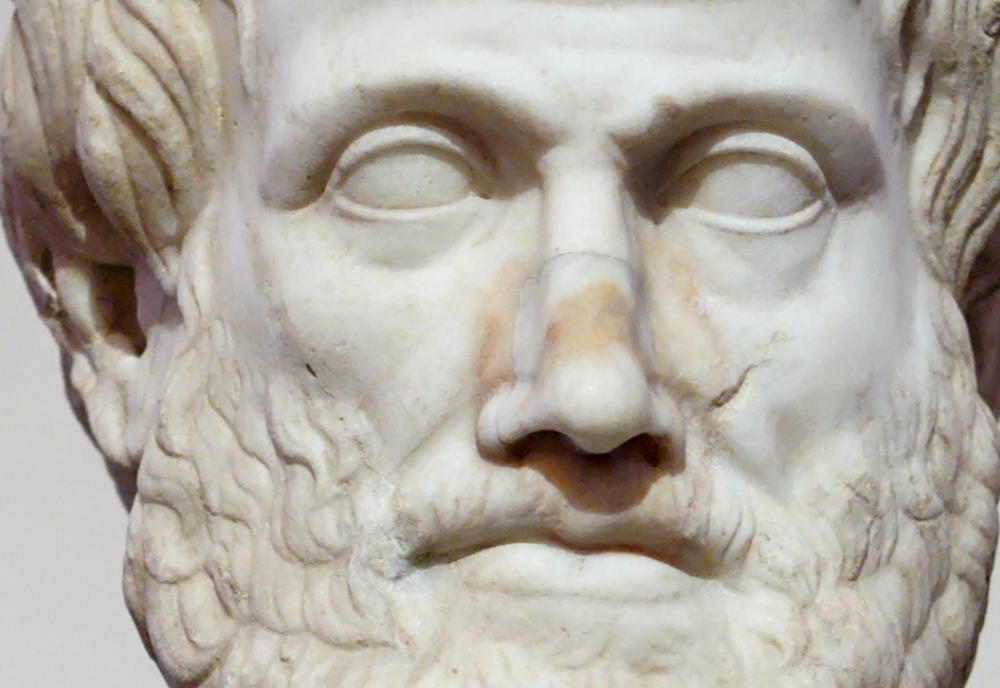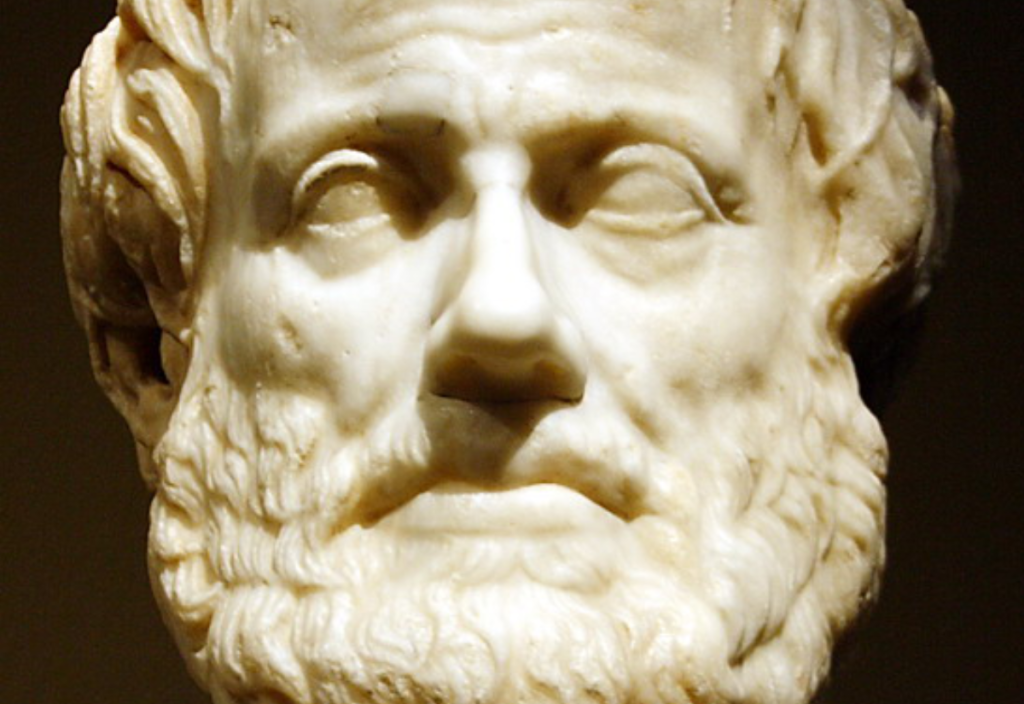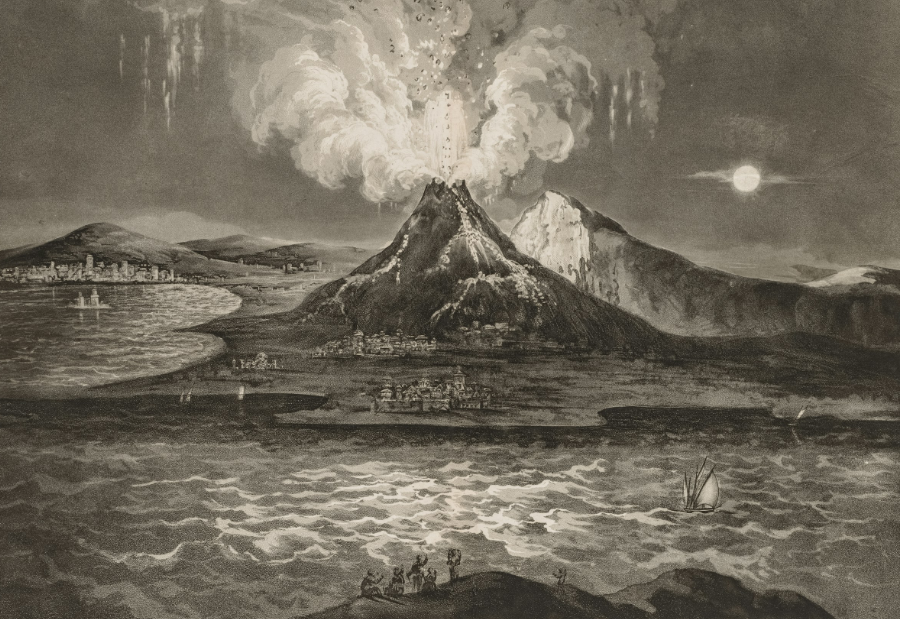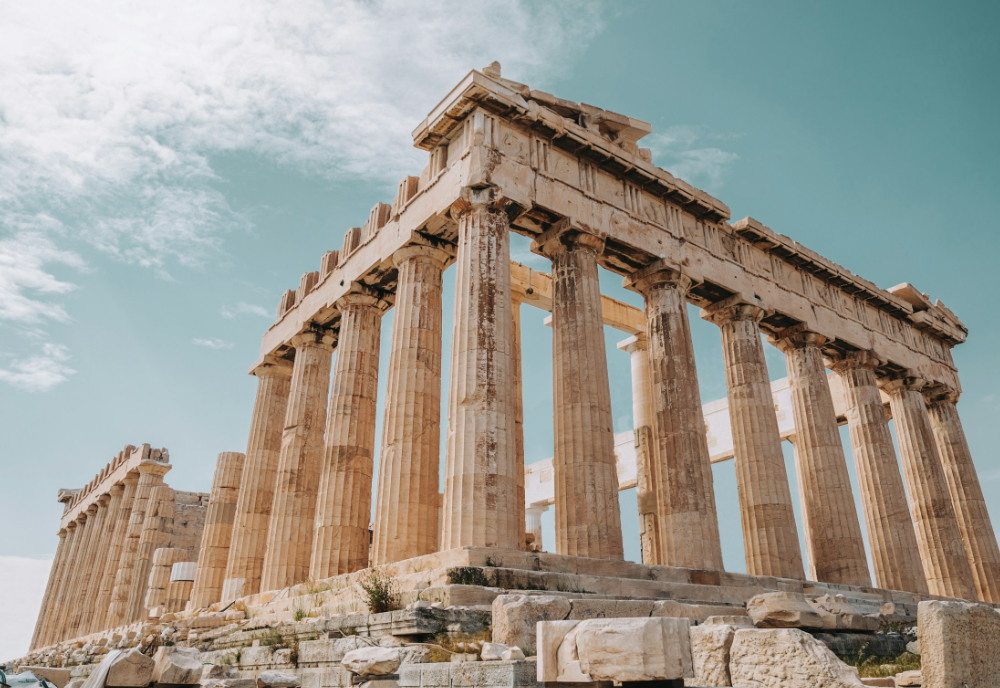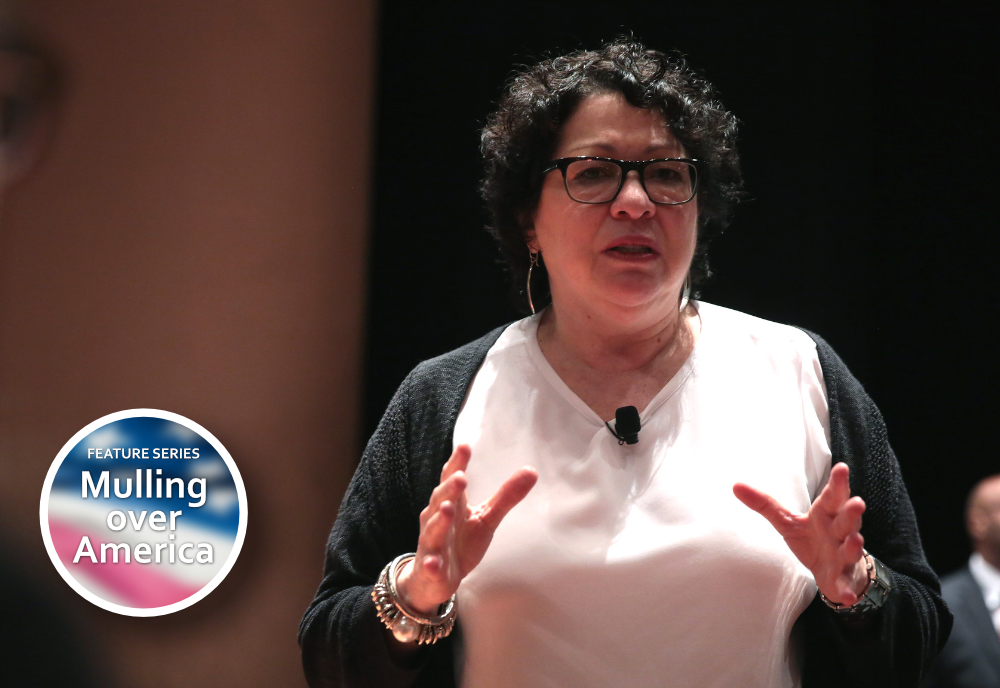This article is the second part in a two-part series. Read the first part here.
Athenian democracy was well short of an ideal model even for a city state. And, yet, the merits of democratic deliberation were increasingly appreciated in the 4th century BCE and afterwards, spreading across the Greek world.
John Ma’s newly published magnum opus Polis: A New History of the Ancient Greek City-State from the Early Iron Age to the End of Antiquity explores this seeming paradox at luxurious length (some 736 pages). He states that he undertook the inquiry out of an intense and ‘Aristotelian’ focus on the matter of citizenship. There’s our link with the Alliance for Responsible Citizenship. Given our current concerns, we should all be reading Ma now.
As he rightly states, Athens is by far the best documented ancient polis. Aristotle documented the nature and evolution of the Athenian constitution and wrote the first empirically based and analytical treatise on politics. He was not himself an Athenian by origin but spent many years in Athens, first as the pupil of Plato and then as a researcher and teacher in his own right, before leaving it, as he observed at the time, lest the Athenians do to him as they had done to Socrates.
As Ma remarks, Aristotle, wealthy and elitist himself, had some reservations about democracy, but he argued for the importance of equality among citizens, the necessity for redistributive taxation and levies to produce public goods. He also argued, in the final book of his Politics, that education was vital to the formation of good citizens and flourishing human beings.
As Ma explains, that kind of polis, broadly conceived, flourished, as Sparta and other oligarchic and autocratic poleis faded after 350 BCE. Remarkably, it became the standard model, which endured down to the collapse of the Roman Empire, and even beyond, as the idea of the republic.
Aristotle gave articulate shape to the theory of this kind of polis, or what he dubbed ‘polity’. Furthermore, he showed that, while Athenian democratic institutions began to emerge in the 6th century BCE, “the main body of institutional innovations took place during the two crucial but mysterious decades between 460 and 440 BCE”.
The whole process of democratic innovation in Athens was addressed by the prolific classicist Josiah Ober in The Athenian Revolution: Essays on Ancient Greek Democracy and Political Theory. It is handily complemented by Kurt Raaflaub’s The Discovery of Freedom in Ancient Greece, which places great emphasis on the articulation of the idea of freedom of speech as the foundational freedom.
In the age of rapidly evolving social media and viral gusts of political or moral emotion, we are discovering that freedom of speech – if it is to trend toward fruitful liberty rather than violent anarchy – requires rules and procedures. It’s just that we are having considerable difficulties in determining or agreeing upon what these should be.
Where does all this leave us, then, regarding Laura Spinney’s call for the creation (be it in the United States of America, with its sharp disunities, or elsewhere) of a ‘modern Athens’?
The second part of her essay canvases various proposals for ‘mini-publics’ or ‘citizens assemblies’ utilising up-to-date technologies for tabling and parsing policy proposals. But she quotes Mark Klein as observing that whatever the merits of sophisticated, technologically enhanced deliberative procedures, they don’t ‘scale’. And all our democracies are massive in scale by comparison with classical Athens.
It was Aristotle himself who remarked, in his Politics, that a well-governed polis, on the lines he delineated, functioned best with no more than about 100,000 people. He would have been staggered by the scale of 21st century democracies.
The Spinney question is: how can technology overcome the limits long foreseen by Aristotle – as our natural sciences have long since done.
It’s a good question, although for all their deficiencies, our modern democracies have achieved remarkable things. They have presided over two centuries of reform vastly outstripping the original democratic reforms in Athens, between Solon (630-560 BCE) and Socrates (470-399 BCE). They’ve seen off enormous challenges, exhibiting both resilience and inventiveness.
There is a good deal to be said for devising fresh ways to sift and marshal informed (and uninformed) opinion, to find ways to better hold governments to account and (not least) to educate our youth for responsible citizenship. But Spinney’s essay doesn’t get the argument to where it needs to go.
Her sign-off is a mere handwave:
Political change requires bottom-up and top-down inputs, says Paulson – both a participatory movement and creative leadership. Once those are in place, it takes a spark – a kairos in ancient Greek, or opportune moment – to mobilise them. That could be an acute crisis to which government is perceived to have responded inadequately. Covid-19 didn’t do it and climate change is unfolding too slowly to qualify. If and when it does happen, however, there will at least be a blueprint for restoring an idea of democracy that works for everyone.
It’s tempting here to cite Henry Mencken’s single most famous quip:
For every complex problem there is an answer that is clear, simple, and wrong…
The blueprint for a 21st century reform is far from clear.
Mencken, of course, had a lot of wry things to say. Given the susceptibility of a mass of democratic voters to unreflective insistence on entitlements, implausible demands on government and irrational beliefs of various stripes, one is tempted to quote his less charming observation:
Democracy is the theory that the common people know what they want, and deserve to get it good and hard…
It was in that spirit that Alcibiades advocated the Sicilian expedition. Then, when confronted by legal charges in Athens, he defected to Sparta, denounced Athenian democracy as a “patent absurdity” and helped the Spartans destroy the Sicilian expedition he had championed.
Famously, Winston Churchill offered the opinion that democracy is the worst system of government going – except for all the alternatives. It was clearly in a similar cautious spirit that Aristotle argued for a mixed and balanced constitution, which he called polity, rather than for ‘pure’ democracy.
There is no neat or lasting solution to the decision-making challenges any complex society must confront. If political reforms and responsibly visionary policies are to be effected, there is no substitute for making the case through thick and thin. As Max Weber told his students in Weimar Germany in 1919, responsible politics is “the slow boring of hard wood”.
There is a third Mencken quip which comes to mind in times of uncertainty and social tension:
Every normal man must be tempted, at times, to spit on his hands, hoist the black flag, and begin slitting throats.
When such individuals rise up – and there are whole armed militias in the United States now who are on the cusp of doing so – they mostly form gangs which, under certain kinds of political entrepreneur or demagogue, become fascist movements, anarchist rebels, criminal syndicates or communist revolutionaries.
We should not want any such movements in our midst. But to check their rise or their depredations demands strong leadership uniting citizens around clear principles, effective laws and a monopoly of the use of force by duly constituted police forces. Those things are fraying – to our growing common peril.
We need effective policy debates, well-grounded freedom of speech, imaginative use of the best technologies for sifting dangerous nonsense from informed opinion.
But is Athens our blueprint? It would be wise to remember that Athenian democracy often failed and that the classical poleis were all, in the end, subordinated to military monarchies or religious authorities.
As recent Nobel laureates in economics James Robinson and Daron Acemoglu reminded us in The Narrow Corridor: States, Societies and the Fate of Liberty, our liberties, our prosperity, our civil and international peace are, none of them, the natural order of things. They must be fought for, thoughtfully constructed, sustained actively, and their virtues instilled in each rising generation, or they fall – with calamitous consequences.
Published on 23 November 2024.
If you wish to republish this original article, please attribute to Rationale. Click here to find out more about republishing under Creative Commons.
Image: Wikimedia Commons

